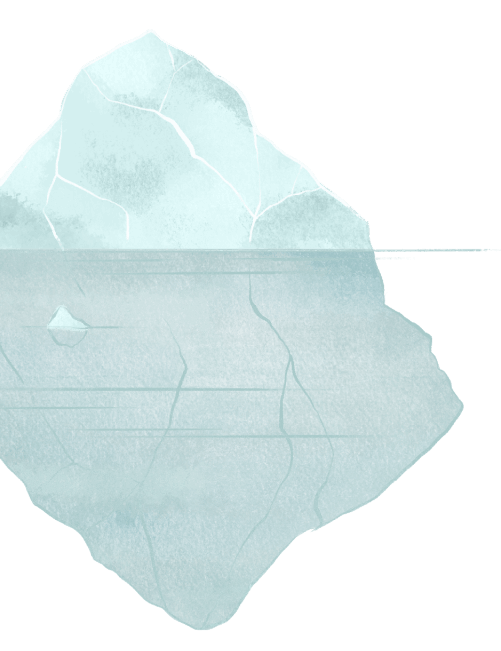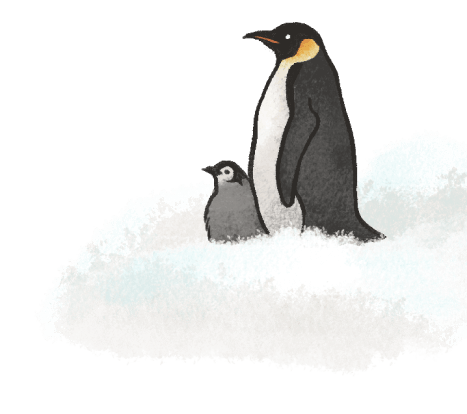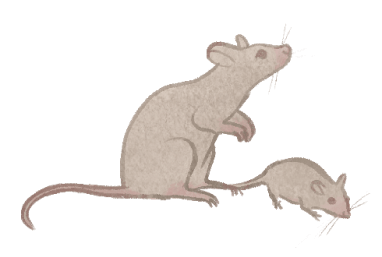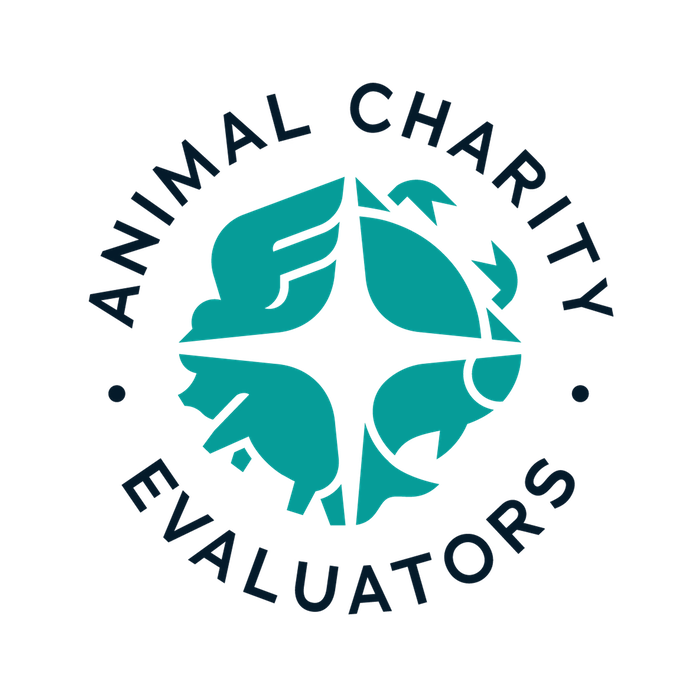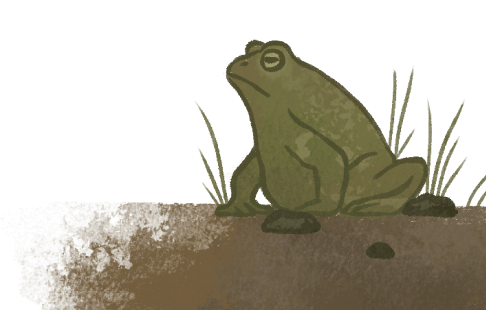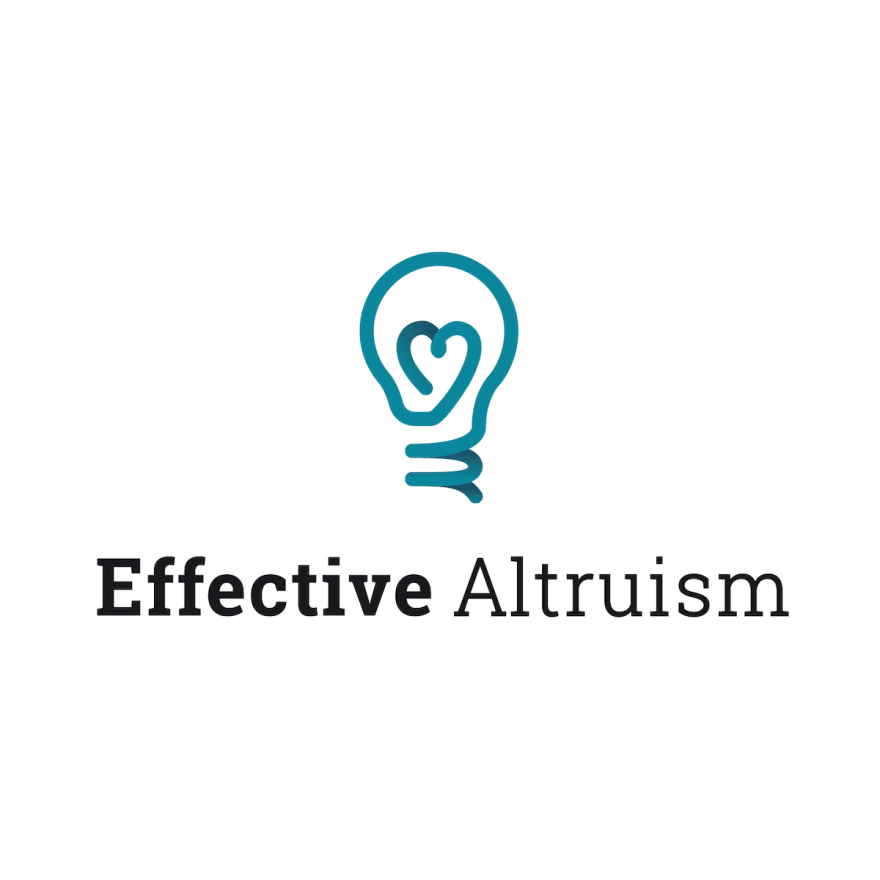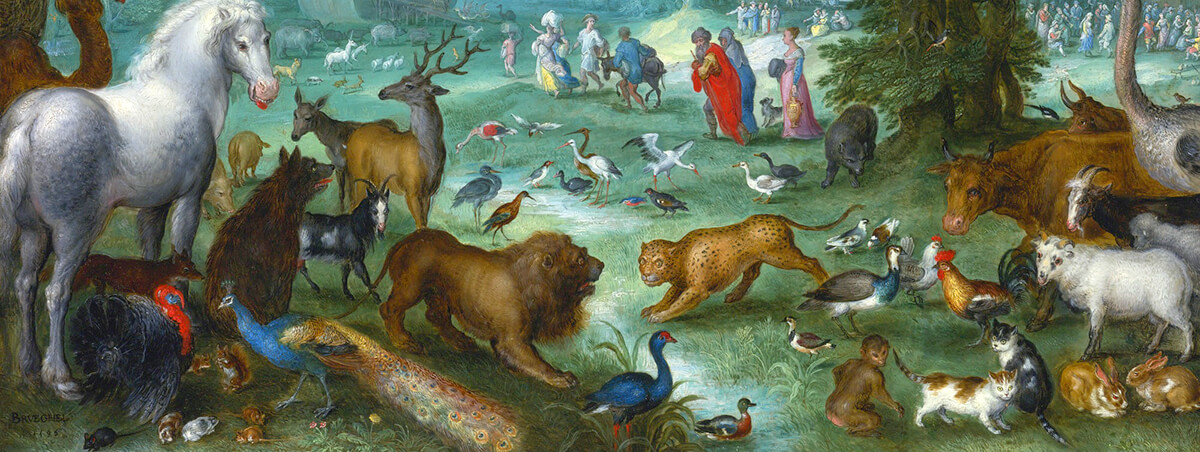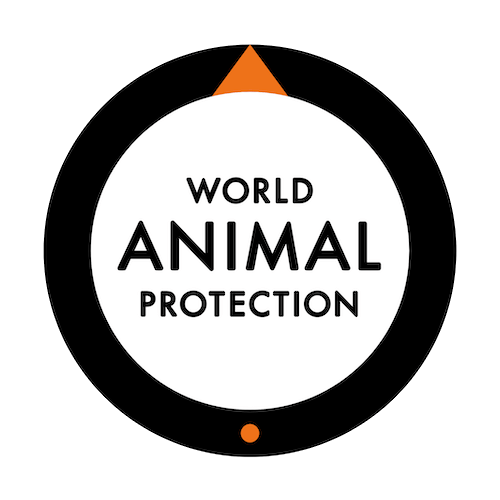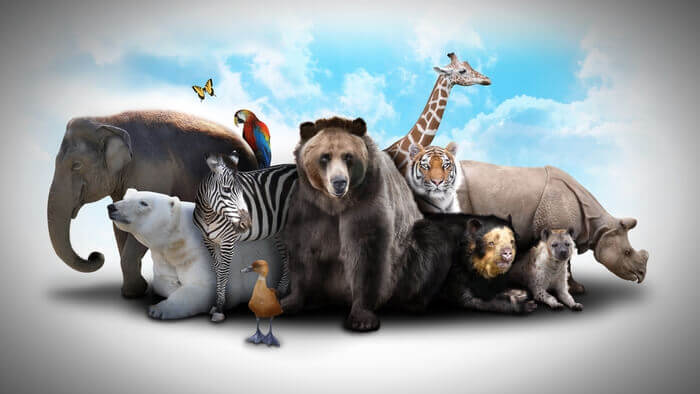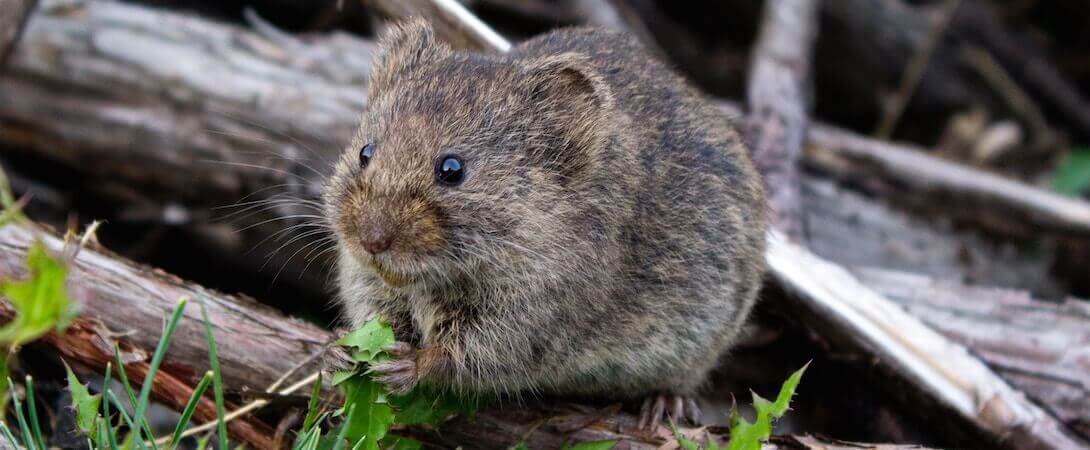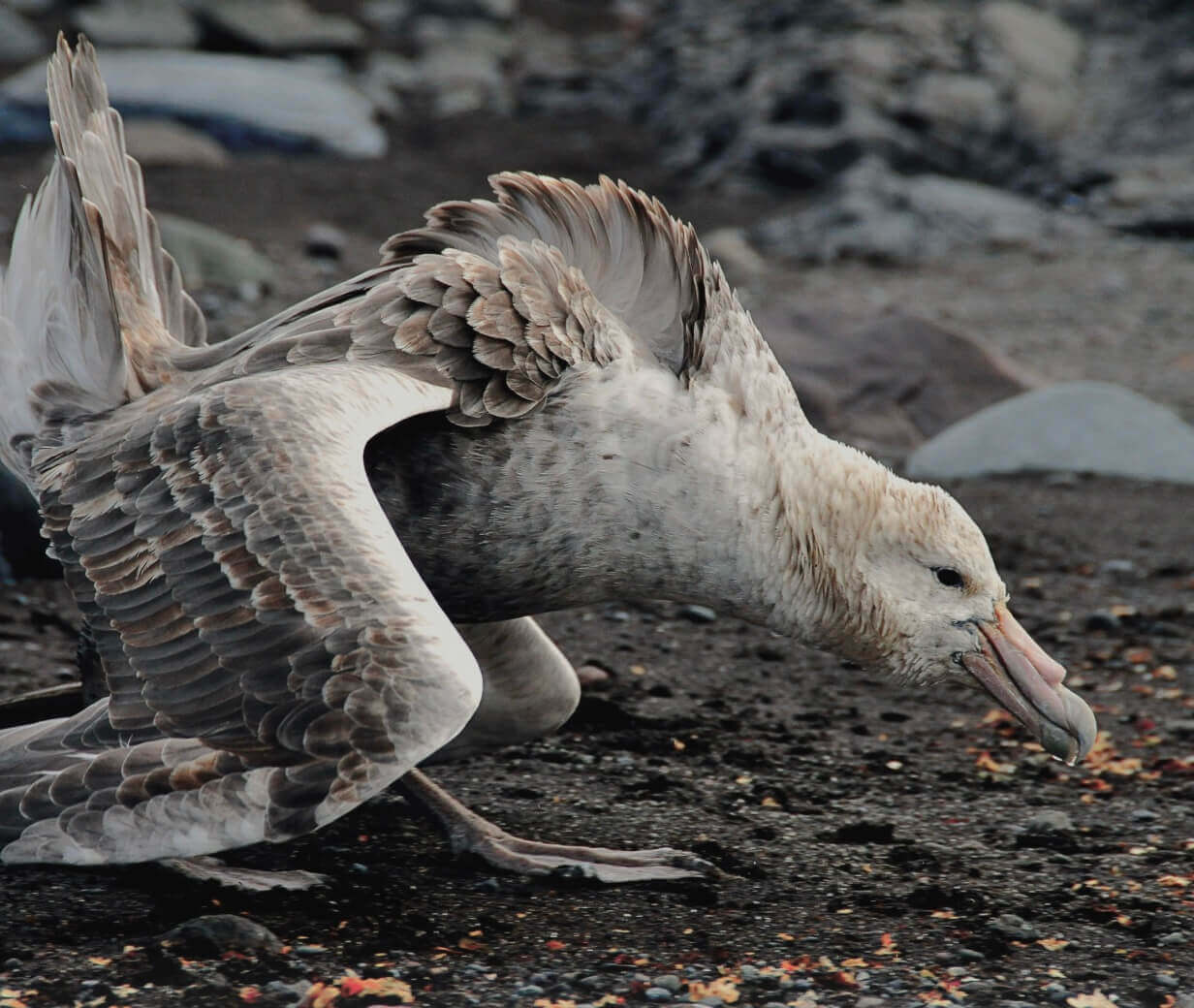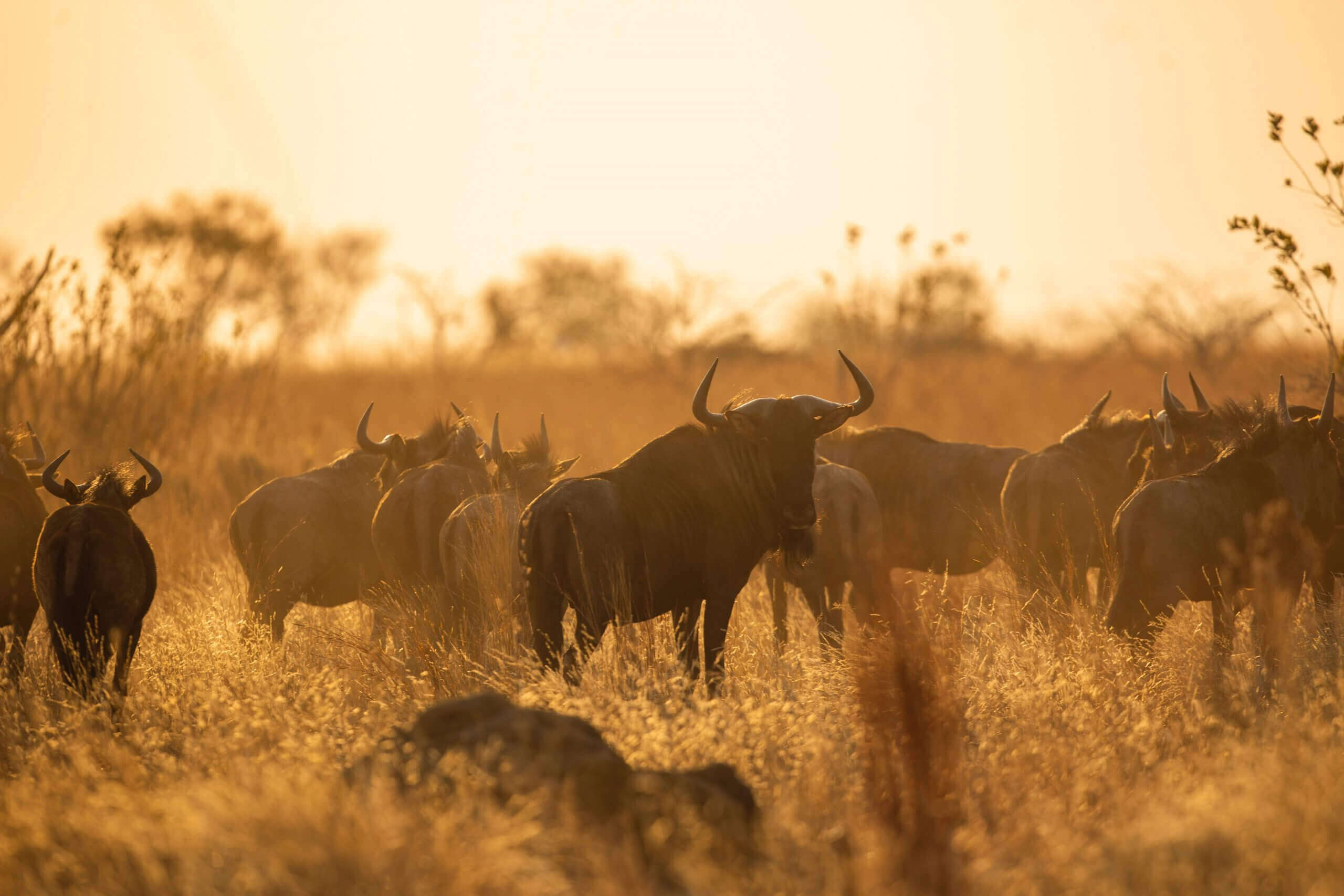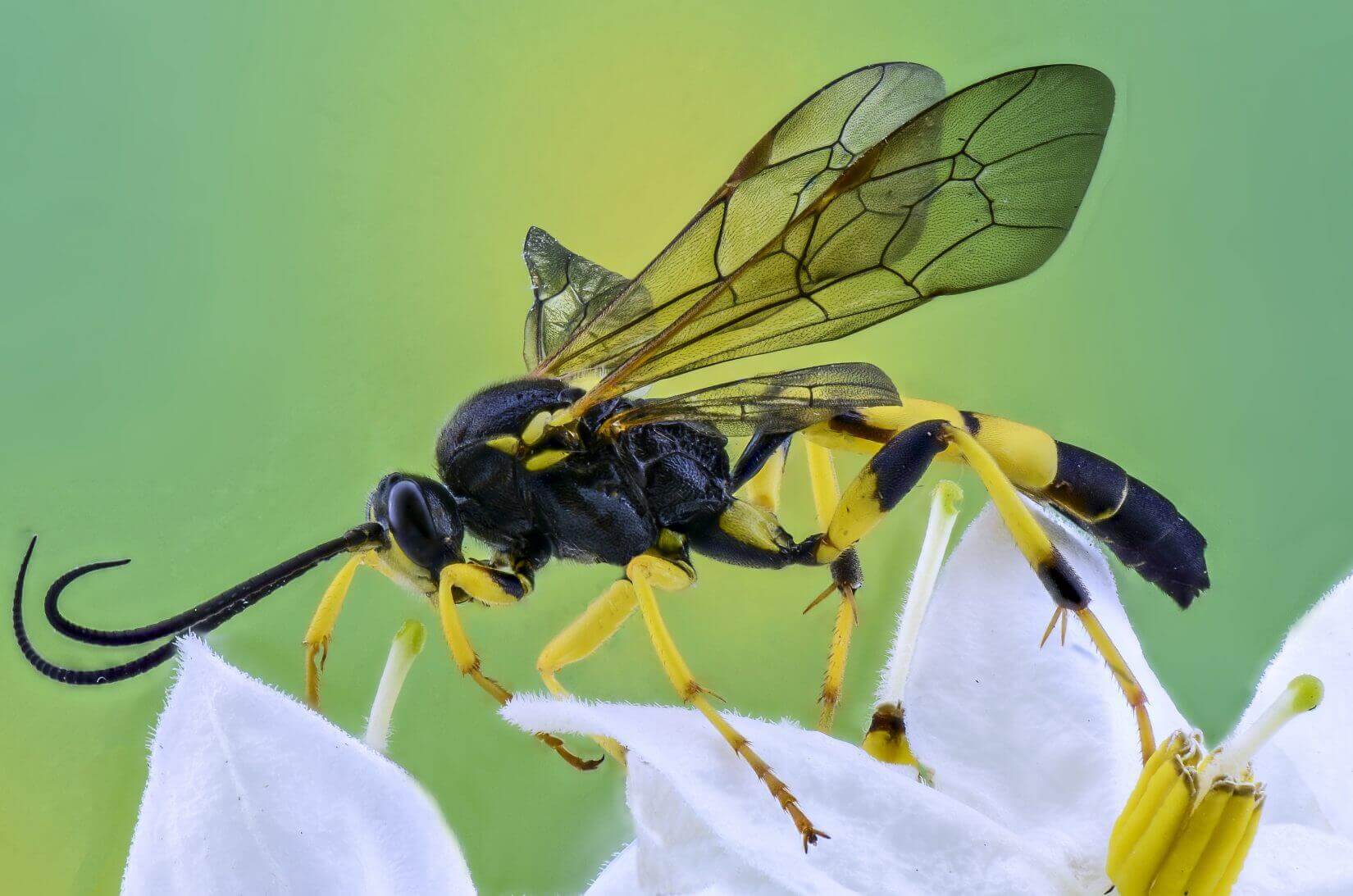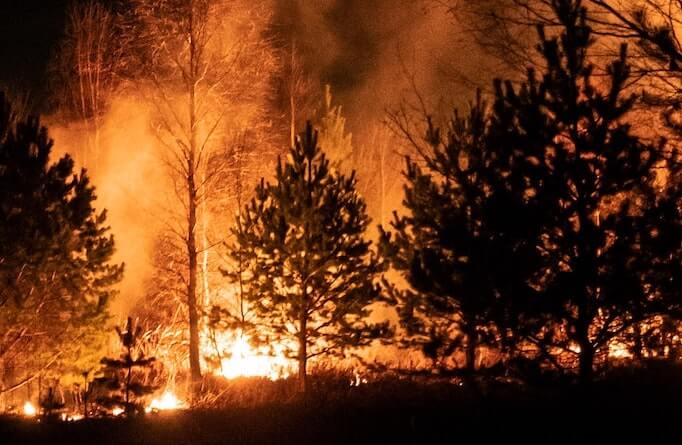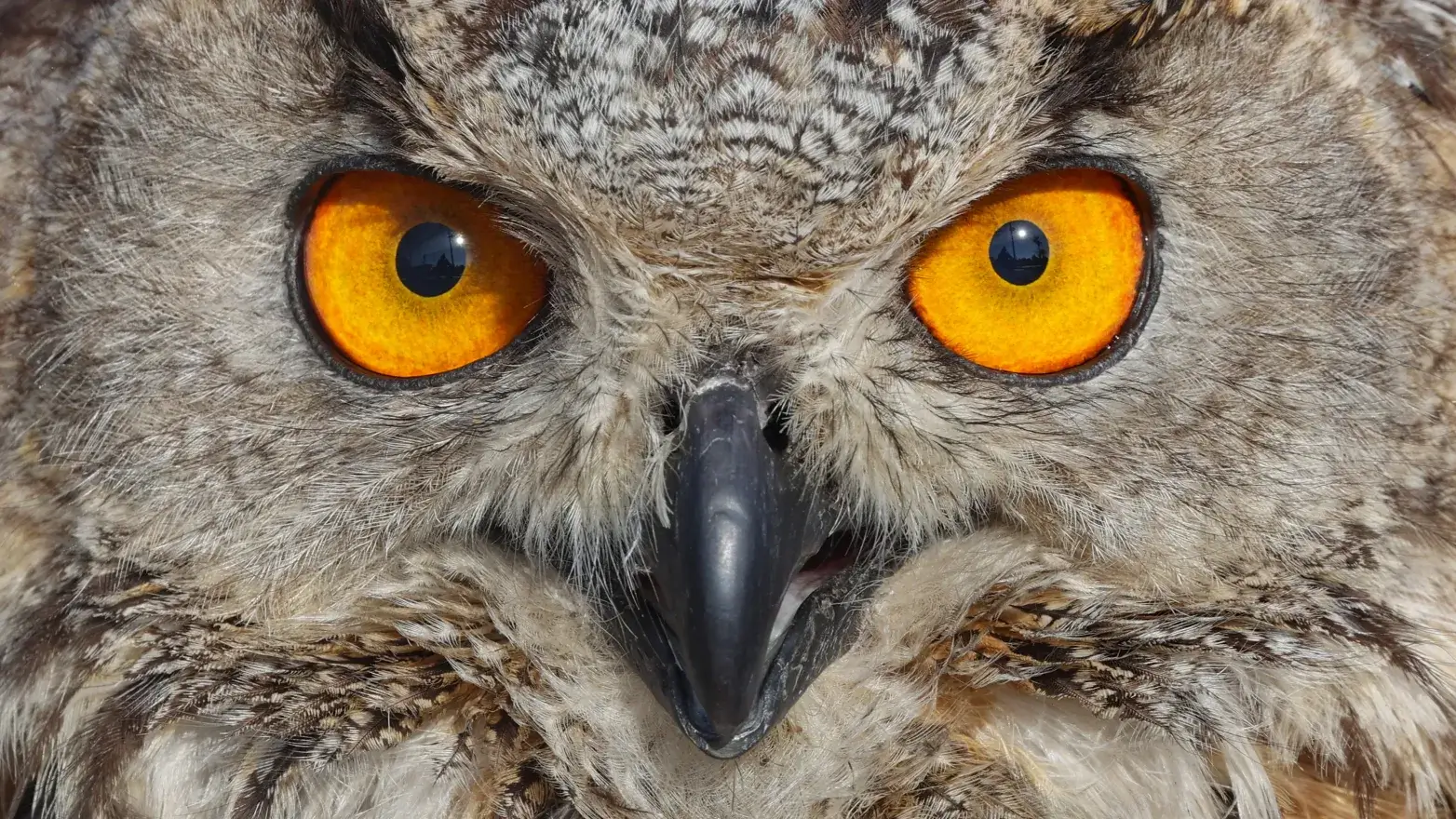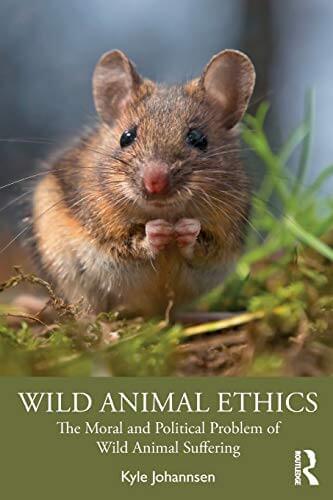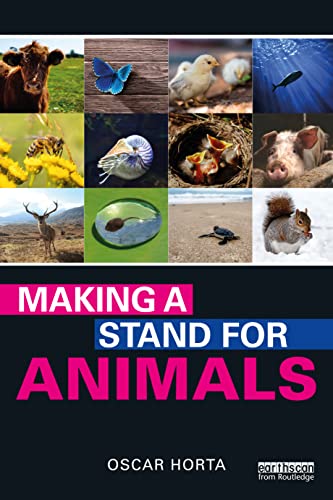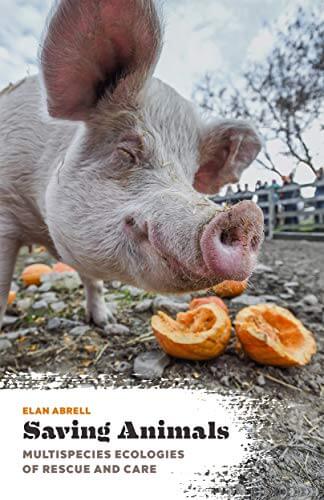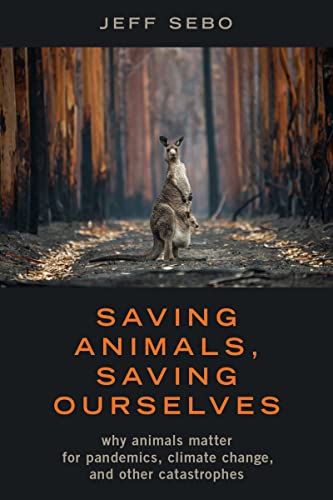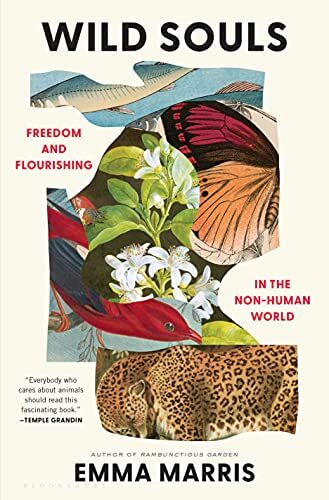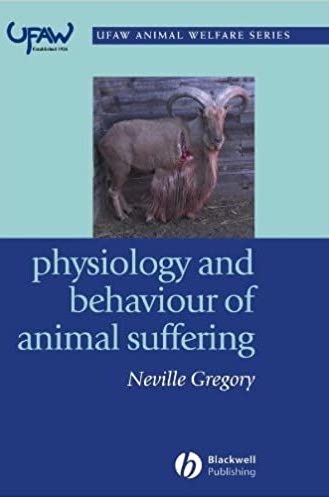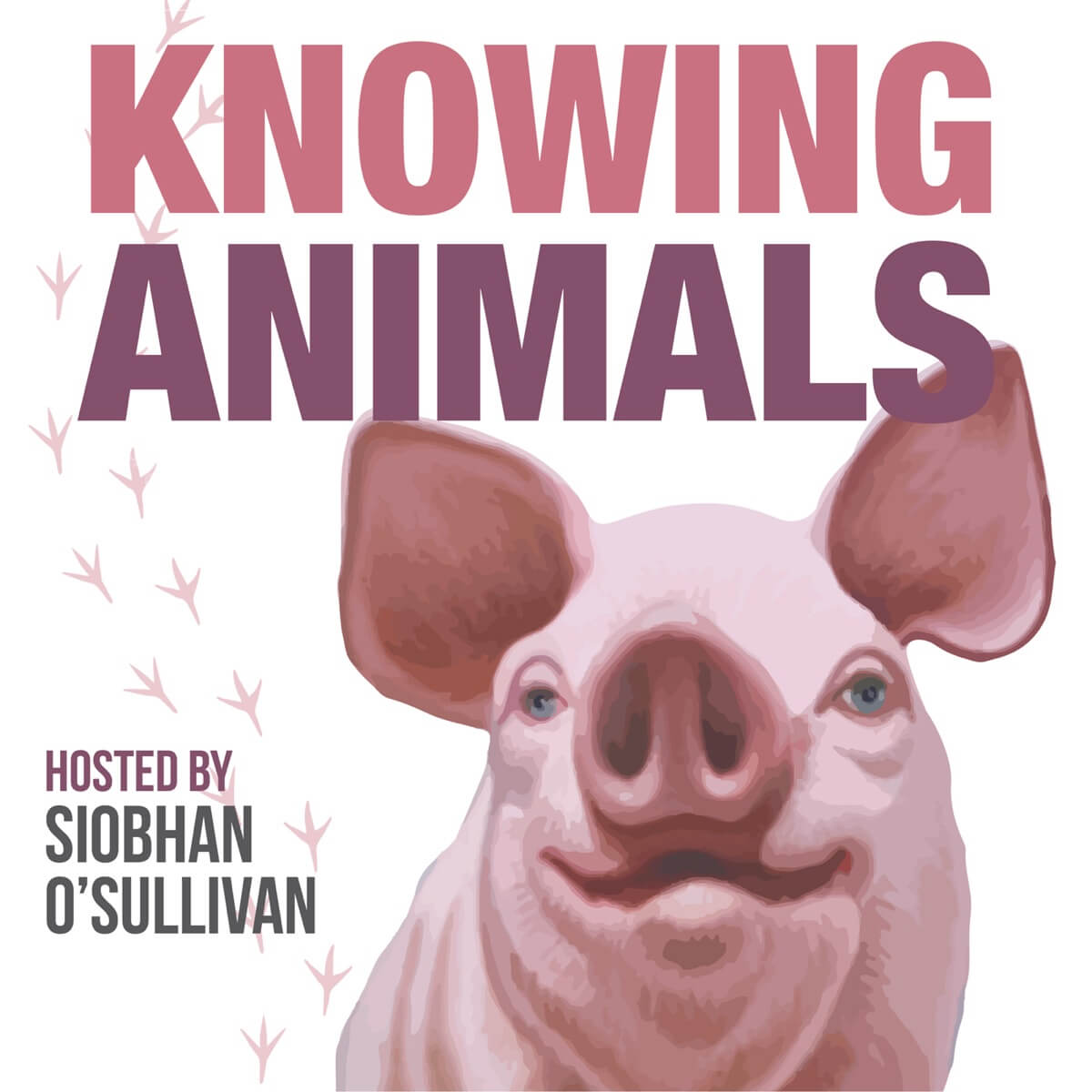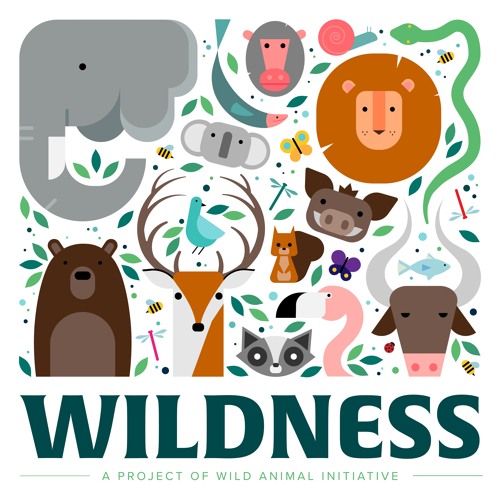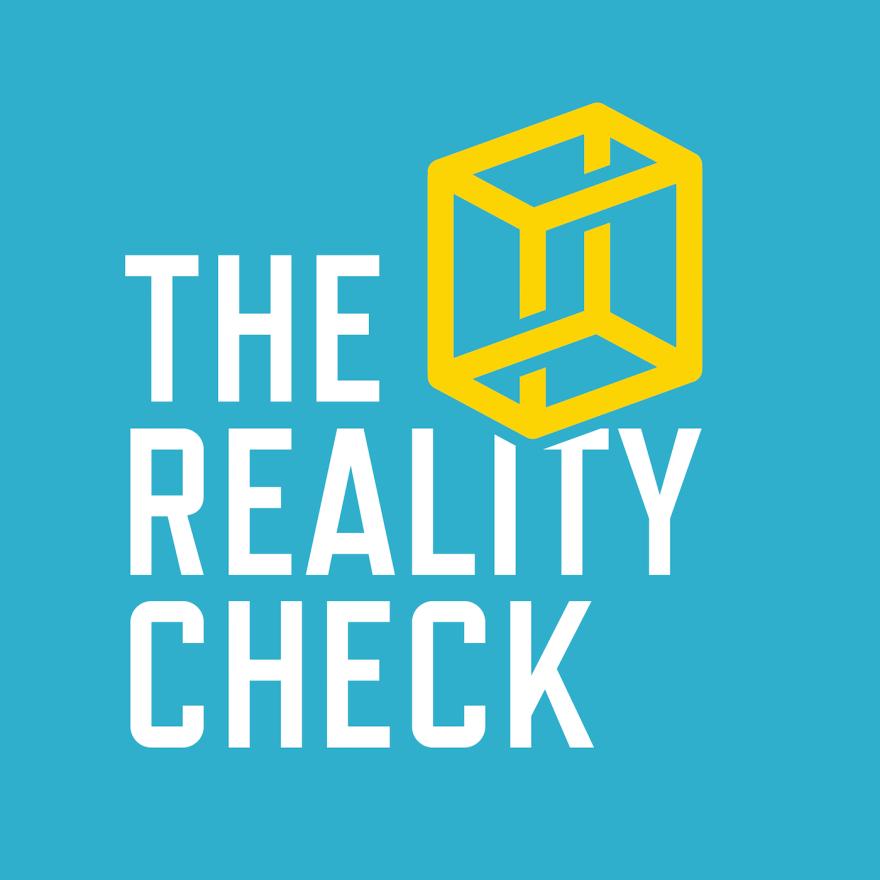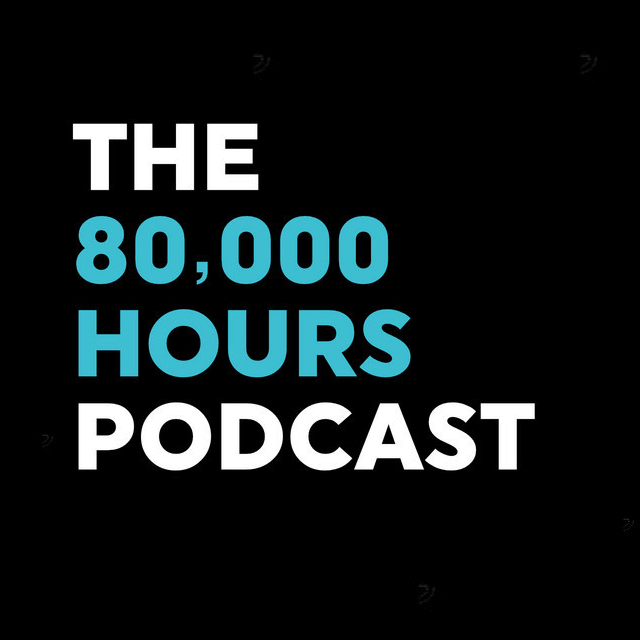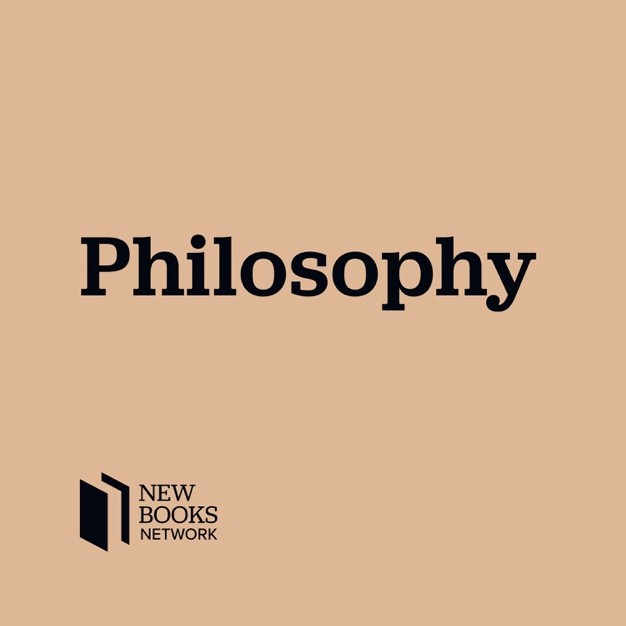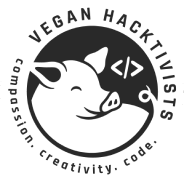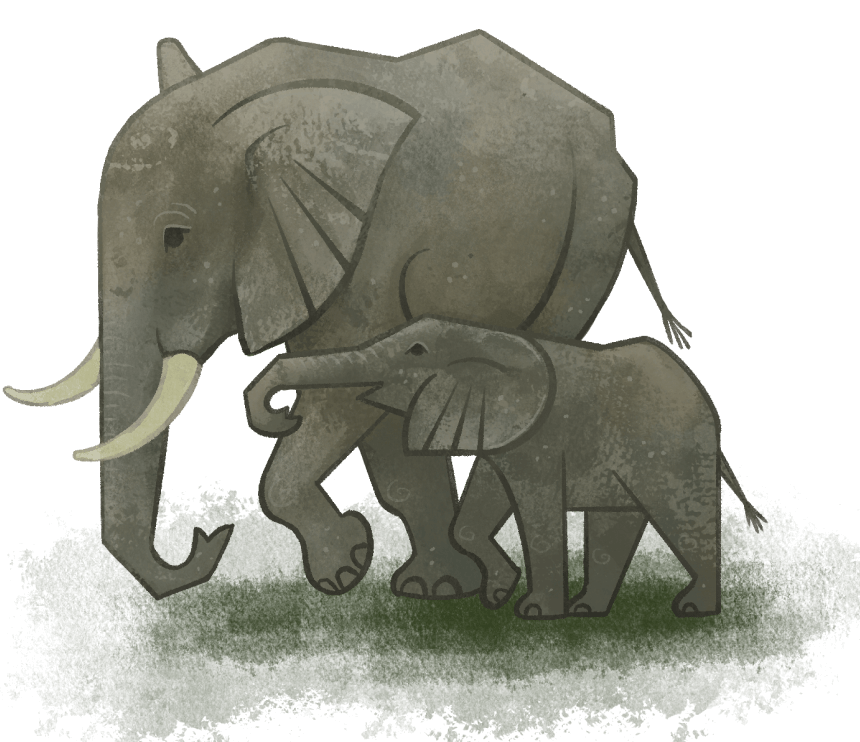
Wild Animal Suffering...and why it matters
When thinking about nature and the lives of wild animals, we often picture dolphins swimming in the ocean or elephants and lions roaming in the savannah. We mostly picture large adult animals living lives characterized by freedom. However, this rose-tinted view of nature doesn't even come close to representing the lives of most wild animals.
In reality, the life of most wild animals is characterized not by freedom, but by struggle. They constantly deal with harsh weather, starvation, disease, and injuries, and much like a dog or a human would suffer in their position, they suffer as well.
The following is an overview of wild animal suffering, why it matters, and what we can do to help.

There are roughly8 billion humanson planet Earth.
For every human, there are roughly 3-4 farmed animals being farmed at any given moment.
…and that's not even counting farmed fish, which is estimated to be around 10-13 per person.


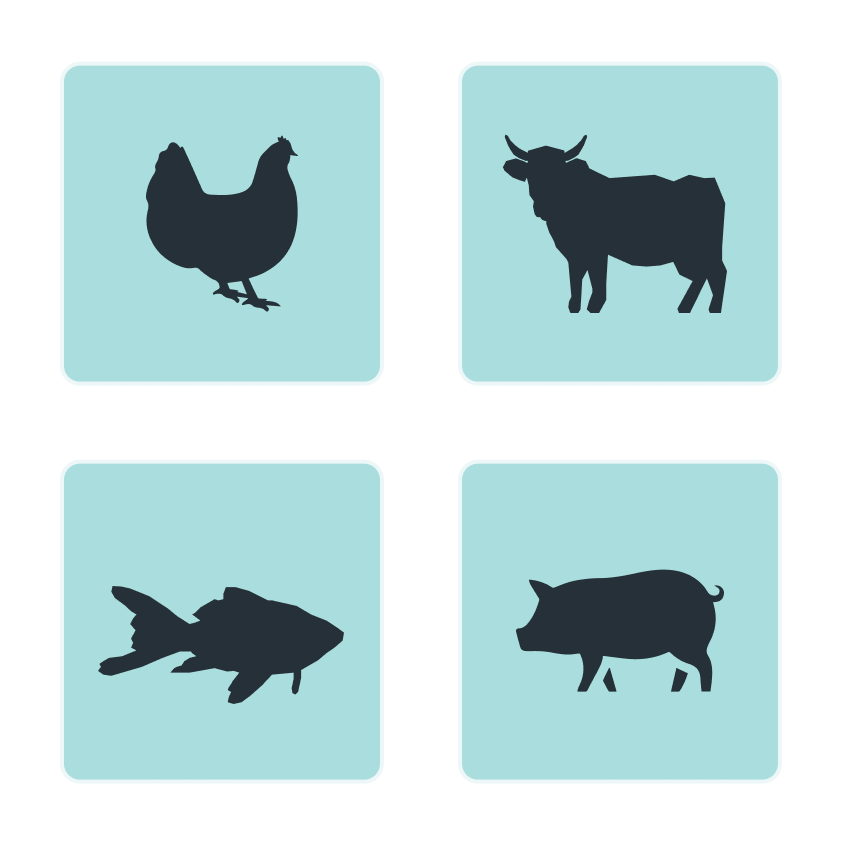
However… in the wild:
For every human, there are between:
10-50 wild birds
10-100 wild mammals
- 10-10,000 reptiles & amphibians
- 1,000 - 100,000 fish
- 10,000 - 10⁶ earthworms
- 600,000 - 7*10⁸ terrestrial arthropods
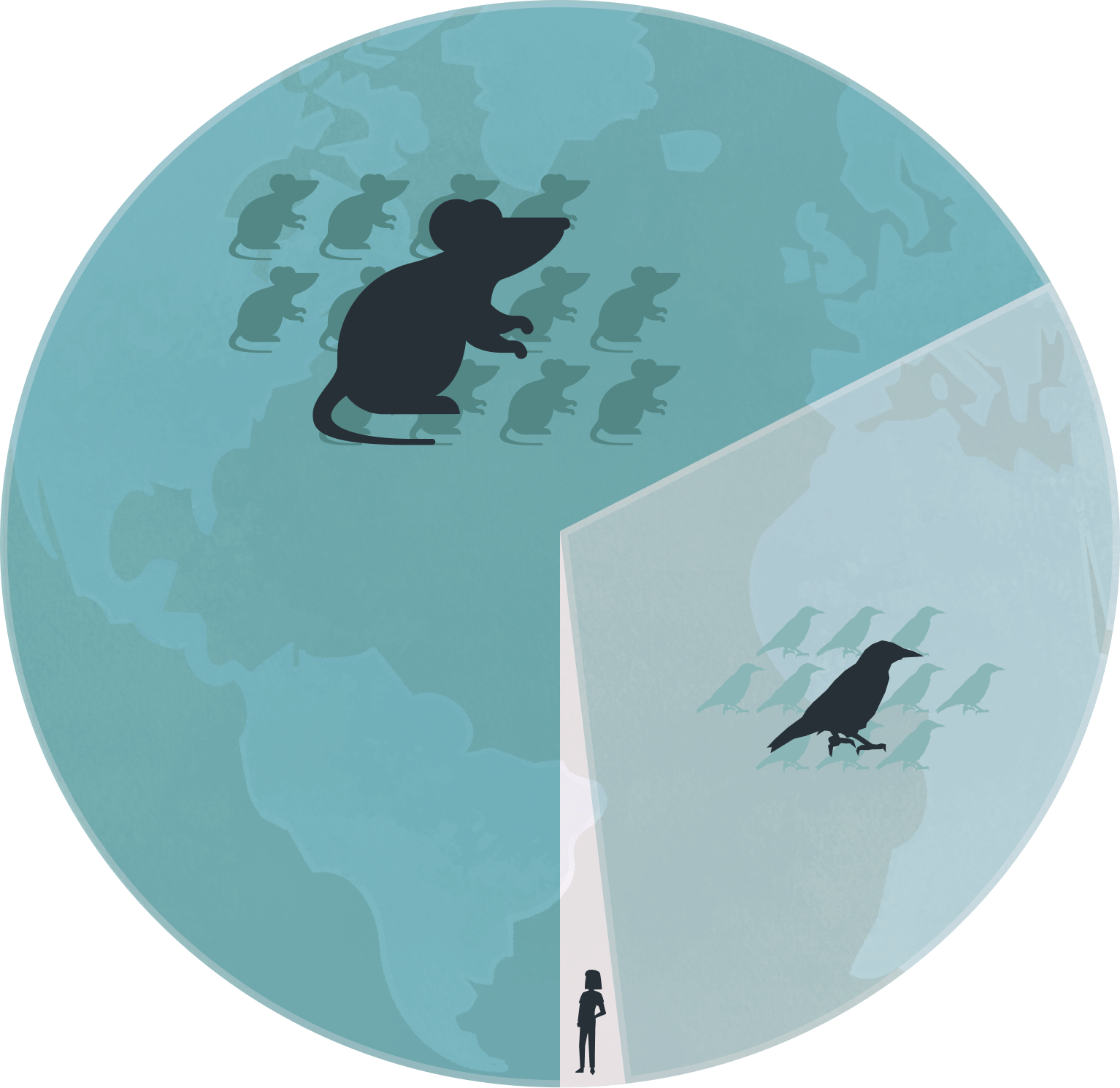
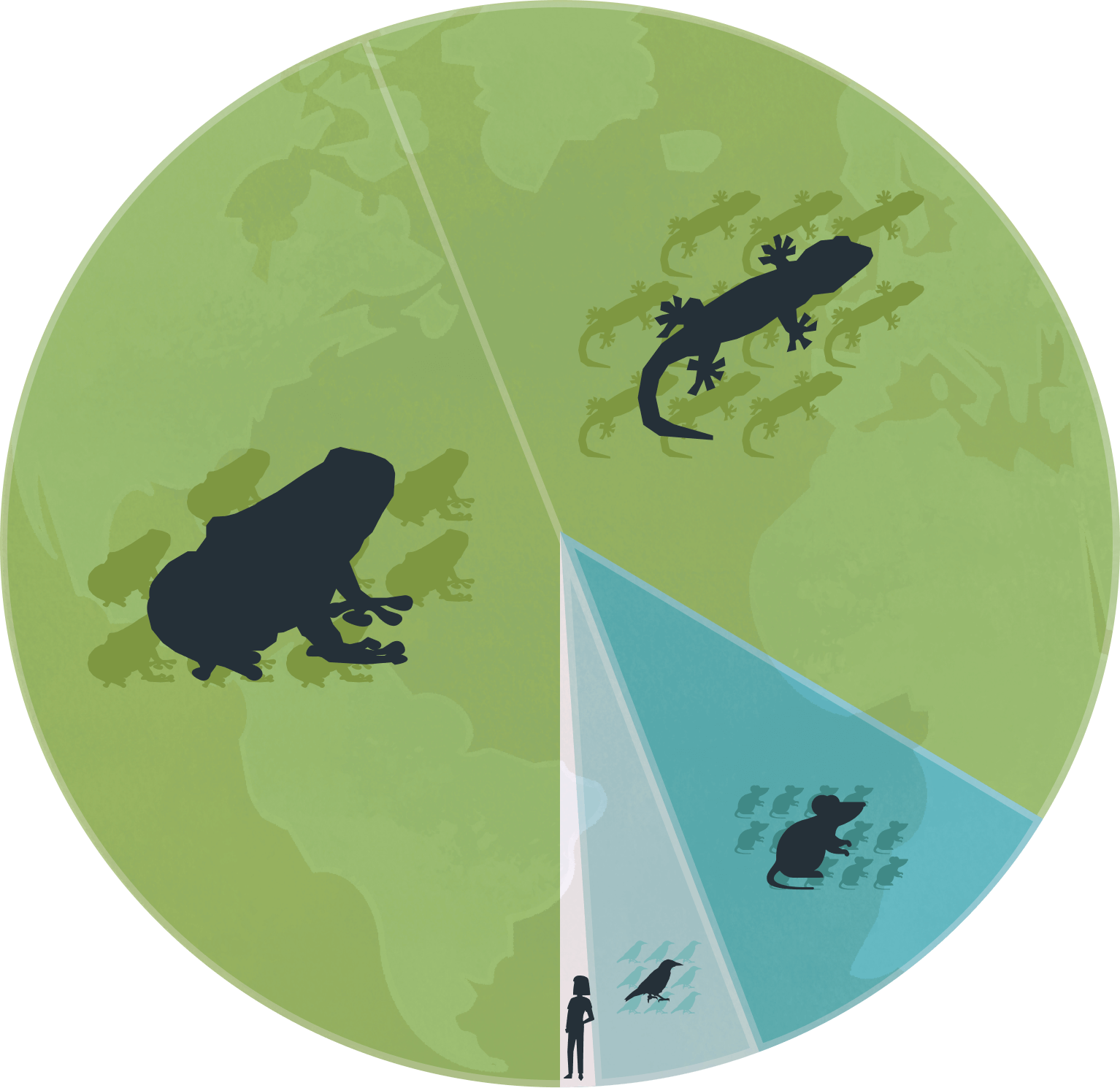
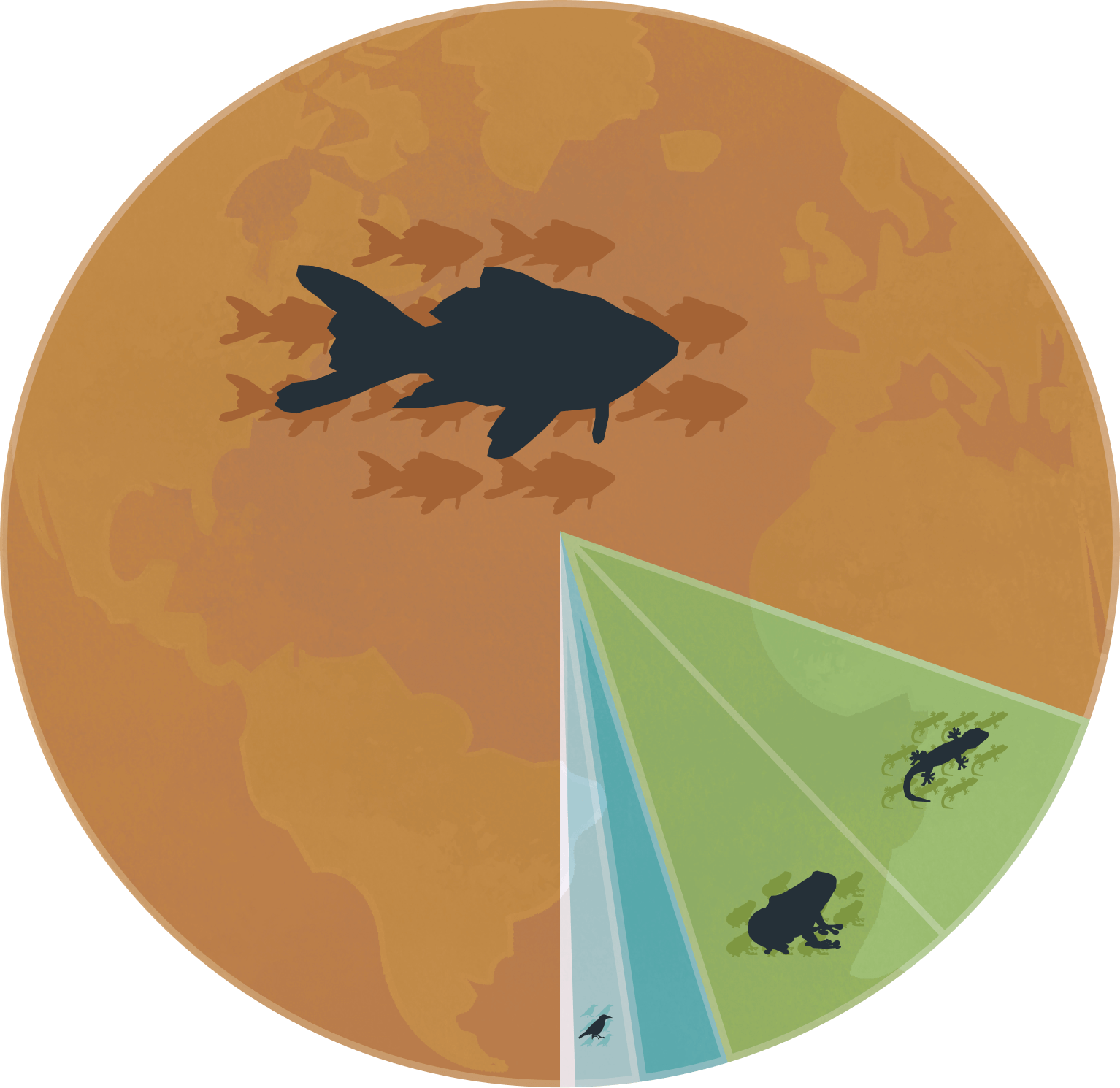
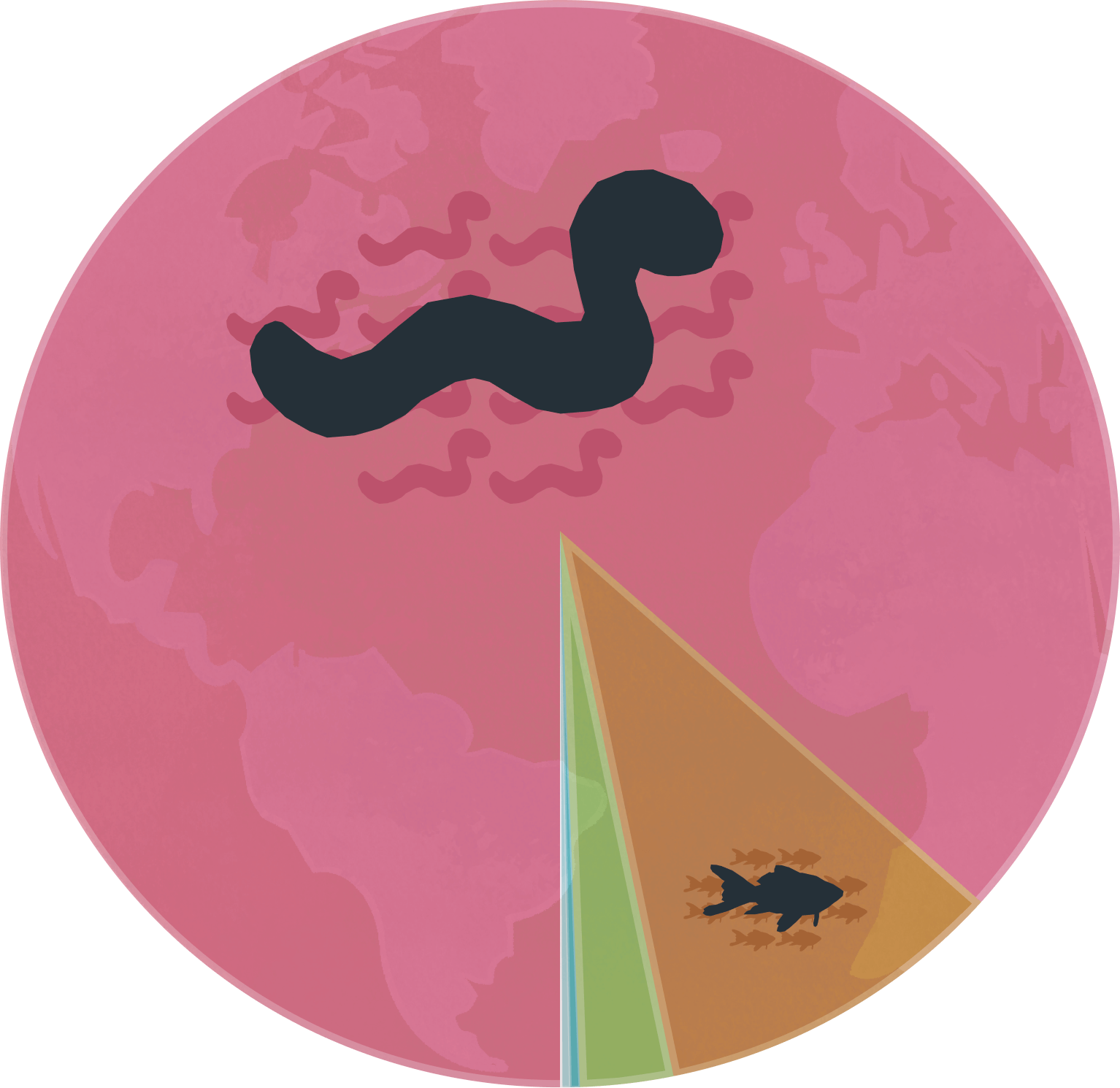
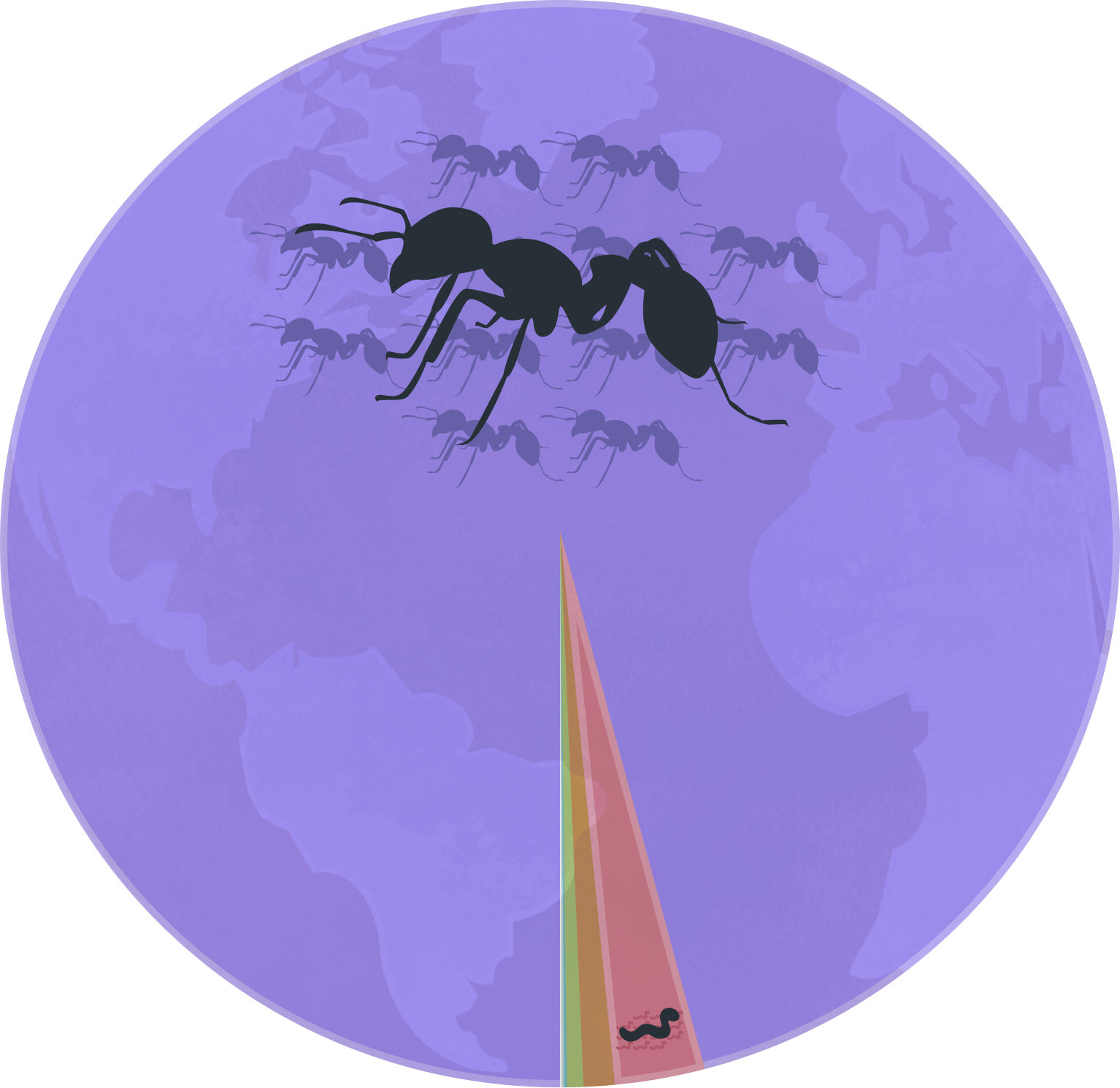



…in existence at any moment.
This means that the vast majority of individuals are wild animals. The scale is truly mind boggling.
There are roughly8 billion humanson planet Earth.
For every human, there are roughly 3-4 farmed animals being farmed at any given moment.
…and that's not even counting farmed fish, which is estimated to be around 10-13 per person.



However… in the wild:
For every human, there are between:
- 10-50 wild birds
- 10-100 wild mammals
- 10-10,000 reptiles & amphibians
- 1,000 - 100,000 fish
- 10,000 - 10⁶ earthworms
- 600,000 - 7*10⁸ insects
…in existence at any moment.
This means that the vast majority of individuals are wild animals. The scale is truly mind boggling.








Even Worse,Wild Animals Suffer in Terrible Ways:
Click on an item above to learn more.


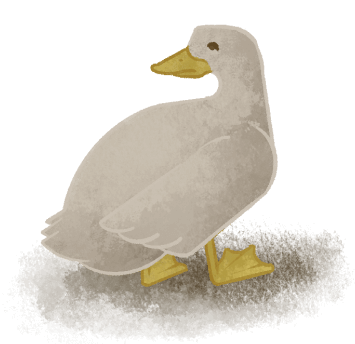
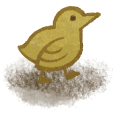









Population Dynamics
Wild animals often have many children, but for their populations to remain stable, on average each parent can only have two offspring that reach adulthood. This means that the majority of animals die young.
How We Can Help Wild Animals
The scale of wild animal suffering might seem overwhelming, but the actions that we take make an immense difference to individual animals. People around the world are already working on practical solutions and you can be one of them. Here's how:
We need better ways to help wild animals, and that starts with research. Scientists are working to understand how animals experience life in the wild, what causes them the most suffering, and which interventions actually work.
This includes studying how to measure animal wellbeing in the wild, population dynamics, and ecosystem impacts. As researchers learn more about wild animal welfare, they can guide policymakers and wildlife managers toward practices that truly help animals rather than just preserving ecosystems.
Right now, scientists are figuring out how to implement many of the more direct interventions discussed below, such as developing outreach strategies to help more people understand why wild animal welfare matters.
How You Can Help:
Support organizations like Wild Animal Initiative that fund welfare biology research. If you're academically inclined, consider studying animal welfare science, ecology, environmental studies, animal behavior, or other related fields. You can also start a reading group in your community to discuss these ideas with others.
Vaccination programs have already saved millions of wild animals from painful deaths.
Oral rabies vaccination shows exactly what's possible. Europe eliminated 99% of rabies in foxes since the 1980s by dropping vaccine-filled baits from aircraft. North America created massive rabies-free zones for raccoons, preventing thousands of deaths from a disease that attacks the nervous system and causes weeks of suffering.
The same approach works for other diseases. Prairie dogs get vaccinated against plague before it wipes out entire colonies. Wild birds are protected from flu viruses that cause painful respiratory infections and, ultimately, death. Each program requires custom vaccine formulations with strategic delivery mechanisms and careful monitoring to track how well they're working.
How You Can Help:
Volunteer with local wildlife disease monitoring programs, or push for more government funding for vaccination programs through organizations like the Wildlife Disease Association.
Policy change means pushing for laws that protect wild animals from human-caused harm and, where possible, reduce natural suffering too. This includes stopping harmful practices such as wild animal trafficking, overhunting, or exploitation for entertainment. It can also mean helping reduce suffering due to natural harms such as natural disasters, disease, or starvation.
Policy change can also mean adding animal welfare to government decision-making processes. Sometimes policy change doesn't help animals immediately, but it can increase funding for wild animal welfare research and set the stage for bigger changes later.
This work often means teaming up with conservationists, scientists, and lawmakers. It's complex because traditional conservation can help some animals while harming others, but the goal is creating evidence-based policies that actually reduce suffering.
How You Can Help:
Support policy organizations like Animal Ethics or Faunalytics that research and advocate for wild animal welfare considerations in government planning. Contact your representatives about including animal welfare in environmental impact studies.
Raising awareness is key to building the cultural and political support that makes all other solutions possible. This means writing articles and op-eds, creating content, hosting university events, and having conversations that help people understand wild animal welfare.
These efforts help normalize caring about wild animals, attract new researchers and funders, and create the cultural foundation needed for direct interventions.
How You Can Help:
Share articles and create content about wild animal welfare. If you enjoy writing, contribute to blogs, newspapers, or academic publications. You can organize screenings of the Introduction to Wild Animal Video Course by Animal Ethics, as well as online or in person talks with experts in the field. Encourage science magazines to cover these issues more. Attend environmental or animal advocacy events and bring up wild animal welfare when talking to the participants.
Wild animals live everywhere, not just in remote wilderness. Many live in cities, villages, and farmland where both human activities and natural factors harm them. Scientists call these "synanthropic animals," and there are concrete ways to make their lives better.
We can prevent vehicle strikes with wildlife crossings, design buildings that don't kill birds, replace lethal population control with contraception, build shelters for harsh weather, and implement health measures that protect both animals and humans from disease transmission.
How You Can Help:
Advocate in your own community for measures that help local wild animals. If you live in a city, check out the Wild Animal Welfare in Local Policies on Land Use and the Built Environment report from NYU's Wild Animal Welfare Program, which offers practical ideas that city officials have already embraced.
Wild animals suffer tremendously during extreme weather, storms, droughts, tornadoes, floods, fires, and earthquakes. While people sometimes rescue animals during disasters, we could help far more if institutions included wild animals in their emergency response plans.
Currently, disaster response focuses only on human safety and economic concerns. Animals are forgotten, even though they suffer and die in much higher numbers. Prevention helps too, creating shelters and escape routes can save many lives.
How You Can Help:
Work with local groups that help wild animals during disasters, or start one if none exists. Publicize your rescue efforts to inspire others. Campaign for public agencies to include animals in their disaster response plans.
Imagine eliminating a parasite that eats animals alive from an entire continent. It's already happened.
Screwworms used to torture countless animals across North America. These maggots literally eat animals from the inside out, causing weeks of agony before death. Today, they're completely gone from North America thanks to the "sterile insect technique," a humane method that releases sterilized male flies to prevent reproduction without killing existing populations. The Screwworm Free Future campaign aims at expanding this success further.
Similar programs have reduced tsetse fly populations, saving countless animals from trypanosomiasis (also called sleeping sickness), a disease that slowly destroys their ability to think and move normally. These successes prove large-scale parasite elimination works. We just need the will to expand it.
How You Can Help:
If you are in a situation where you can conduct research or influence policy on this topic, your help can be very important. You can also support initiatives like Screwworm Free Future and help spread the word about this issue.
Artificial Intelligence is opening new possibilities for helping wild animals through better monitoring and smarter interventions. AI systems can process images from cameras and satellites to track animal populations and habitat conditions on a massive scale. They can map ecosystem relationships and predict vulnerabilities in food webs and migration routes before they become critical.
By understanding ecosystem changes better, AI can guide interventions that reduce suffering from human-wildlife conflicts, habitat destruction, and natural hazards. This approach helps us be better stewards of ecosystems while prioritizing individual animal welfare and sustainable coexistence.
It's also important that frontier AI systems like LLMs (e.g. ChatGPT, Gemini, Claude) learn to think about wild animals as individuals who matter, not just as parts of species or ecosystems. This could encourage more people to support efforts to help them.
How You Can Help:
Contribute to citizen science projects that feed data into AI systems. Support organizations developing AI for conservation. If you have tech skills, volunteer with machine learning projects focused on reducing wild animal suffering. Consider exploring AI careers that could make a positive impact through resources like 80,000 Hours. If you work in an AI company, consider how you can help wild animals through your work.
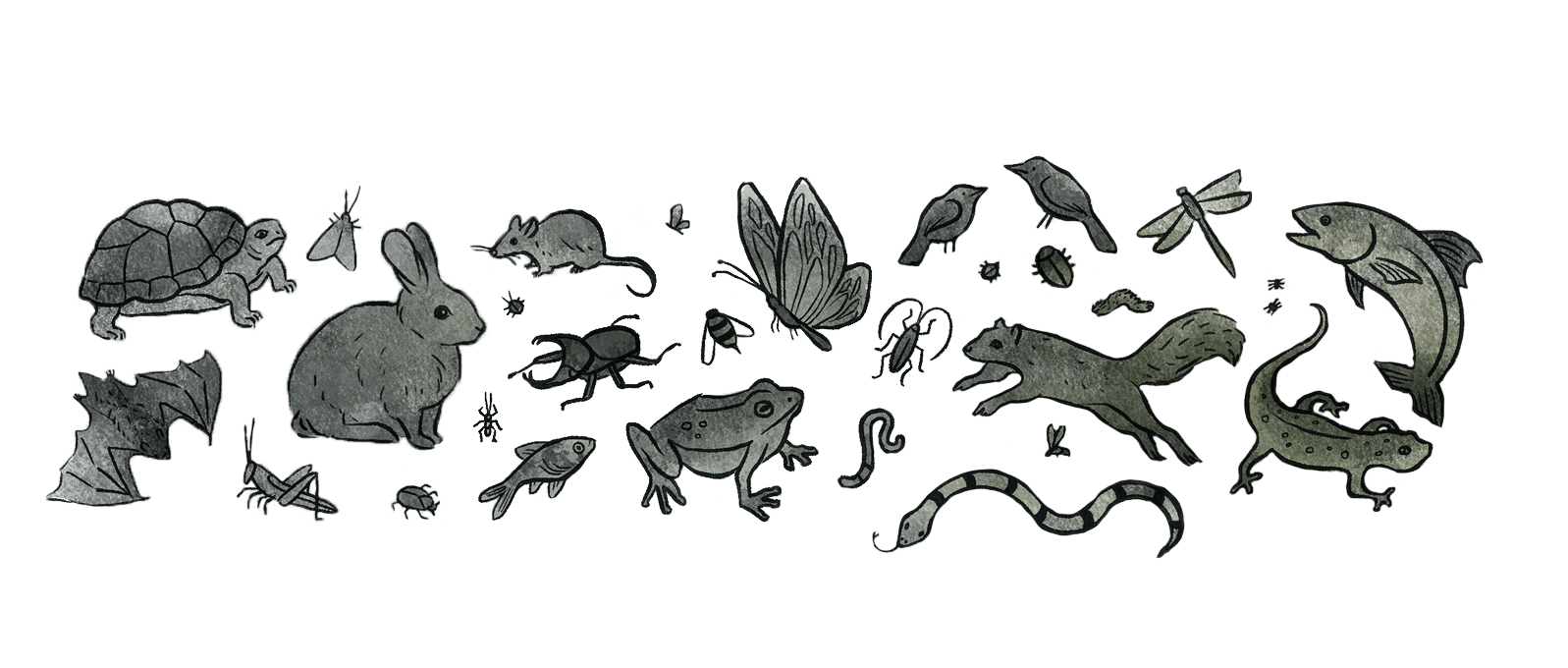
Videos You Might Like
Humane Hancock argues that wild animal suffering is a vast but overlooked moral emergency. He challenges the romanticized view of nature, showing that most animals endure starvation, disease, predation, and early death, and emphasizes that species and ecosystems don't suffer—individuals do.
Common Objections to Helping Wild Animals

Wild animal welfare is way less tractable than many cause areas. But I think that's outweighed by the scale: humanity, factory farmed animals, and other captive animals collectively make up only 0.1% of vertebrates. The other 99.9% of moral patients alive today are wild animals (or more, if you count invertebrates). (source)
How Can You Help?
In addition to the above, you can find career opportunities, get career advice, and join a community here. Researcher? Read this starter guide, or apply for a grant!
View more opportunitiesOrganizations Working on Wild Animal Suffering




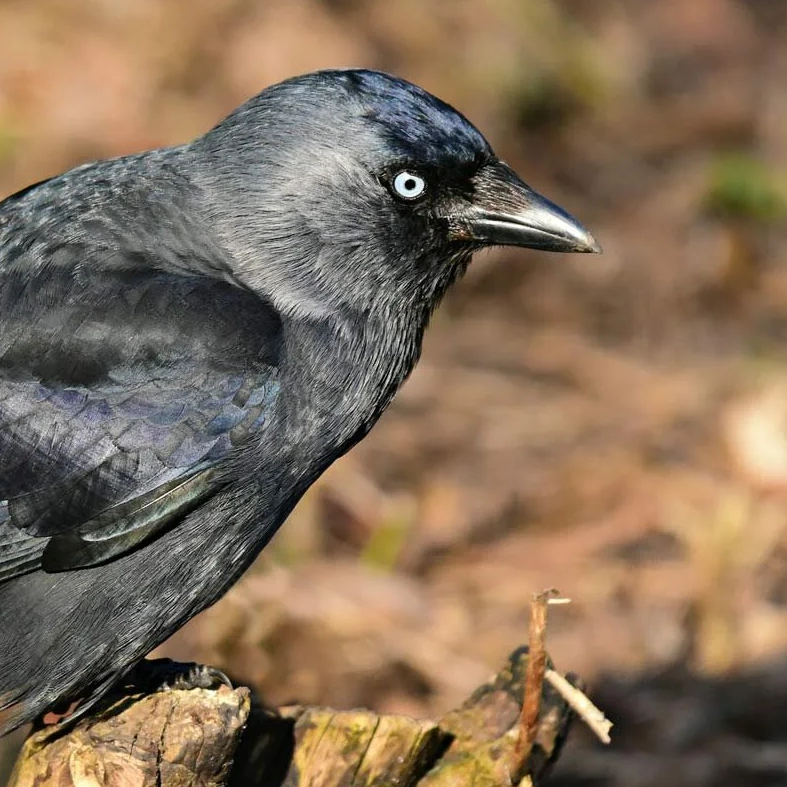
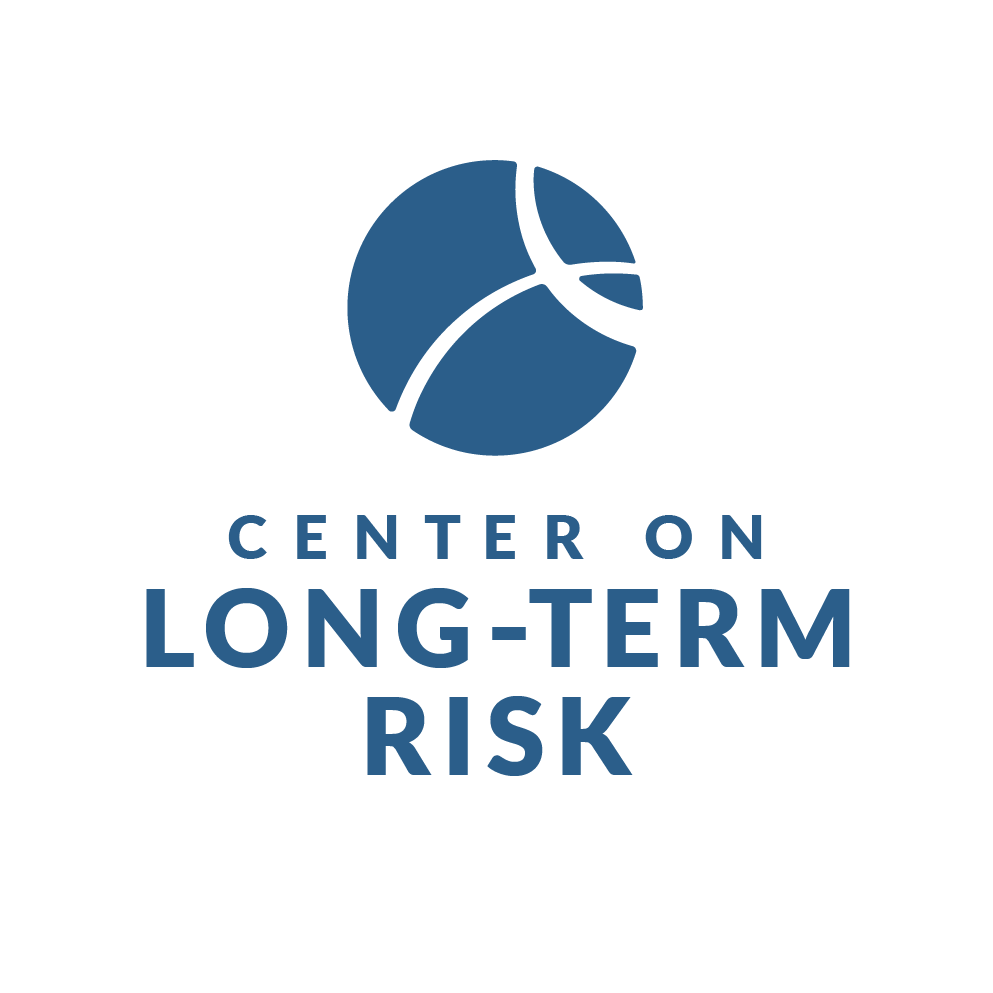

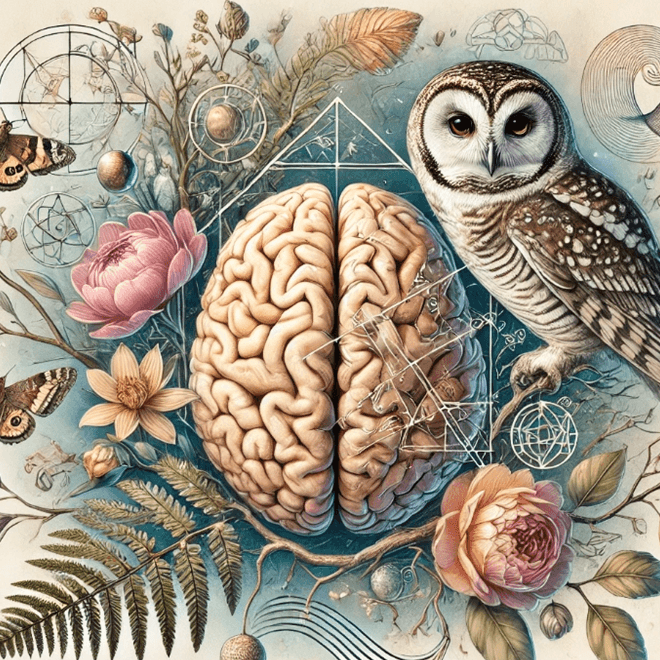
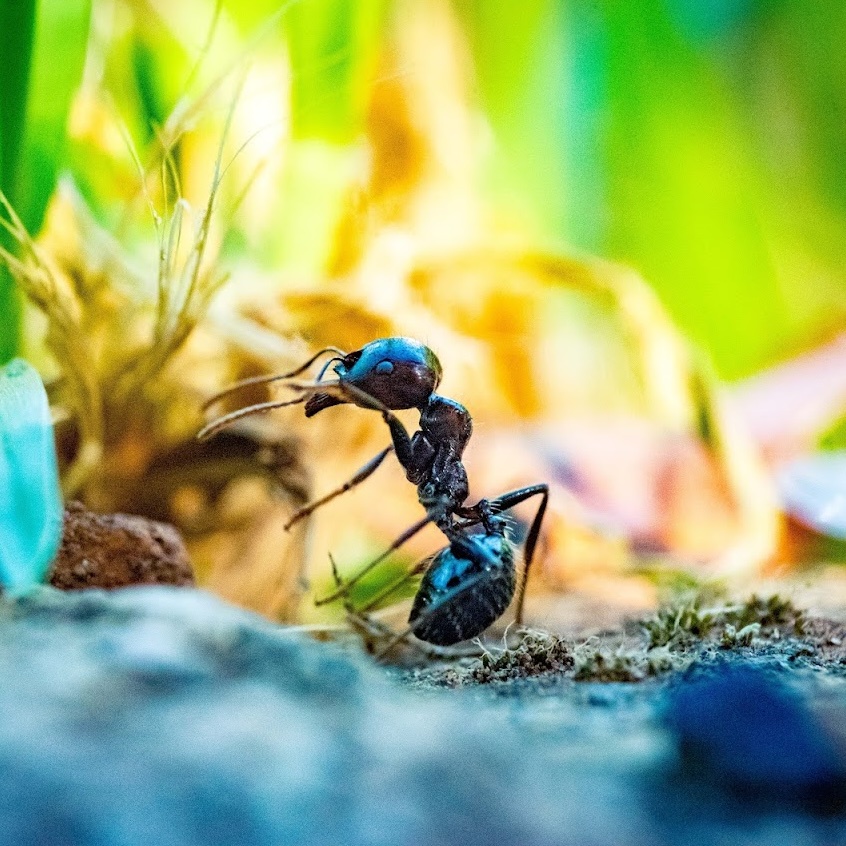
Other Resources You Might Like
Websites
Blogs
Books
Podcasts
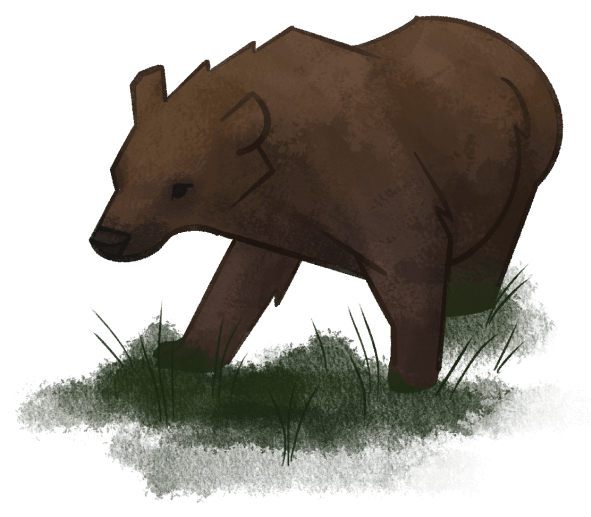
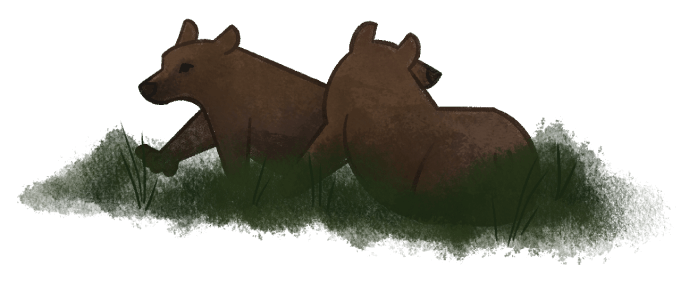
Together, we can make life better for wild animals.
The increasing moral concern for animals in recent years is a welcome development. It is becoming increasingly rare to find individuals who are indifferent to animal suffering. We understand that suffering is a negative experience for any individual who experiences it, regardless of their species or location, whether they are in a house, farm, or forest. Their suffering matters. It matters to them. And it should matter to us.
If you care about wild animals, we encourage you to join our mission to improve their lives. There is a lot to learn about the conditions that wild animals face. This page is just a brief overview of the issue. The reality is that many animals are in desperate need of help, and people like you have the power to make a difference. We hope you will choose to take action and help us in our efforts.
Thank you.
Please consider supporting our work!
This website would not be possible without your support. Thank you!
Special thanks
To our friends and advisors from Wild Animal Initiative, Animal Ethics and Rethink Priorities. Special thanks to Jack Hancock for written content and Kate Rodman for the wonderful illustrations. This website would not have been possible without everyone's dedication and support!
Credits and sources
- How many wild animals are there?
- Malnutrition, hunger and thirst in wild animals
- What is wild animal suffering?
- Weather conditions and nonhuman animals
- Rescuing trapped and injured animals
- Antagonism in nature: Interspecific conflict
- Diseases in nature
- Animals in natural disasters
- Population dynamics and animal suffering
- The Importance of Wild-Animal Suffering
- Efforts to Help Wild Animals Should Be Effective
- Essays on Reducing Suffering
- Why Vegans Should Care about Suffering in Nature
- Wild Animal Suffering on HandWiki
- Wild Animal Suffering Infographic by Stijn Bruers
- Estimates of global captive vertebrate numbers
- Fish: The Forgotten Farm Animal
- A landscape analysis of wild animal welfare

